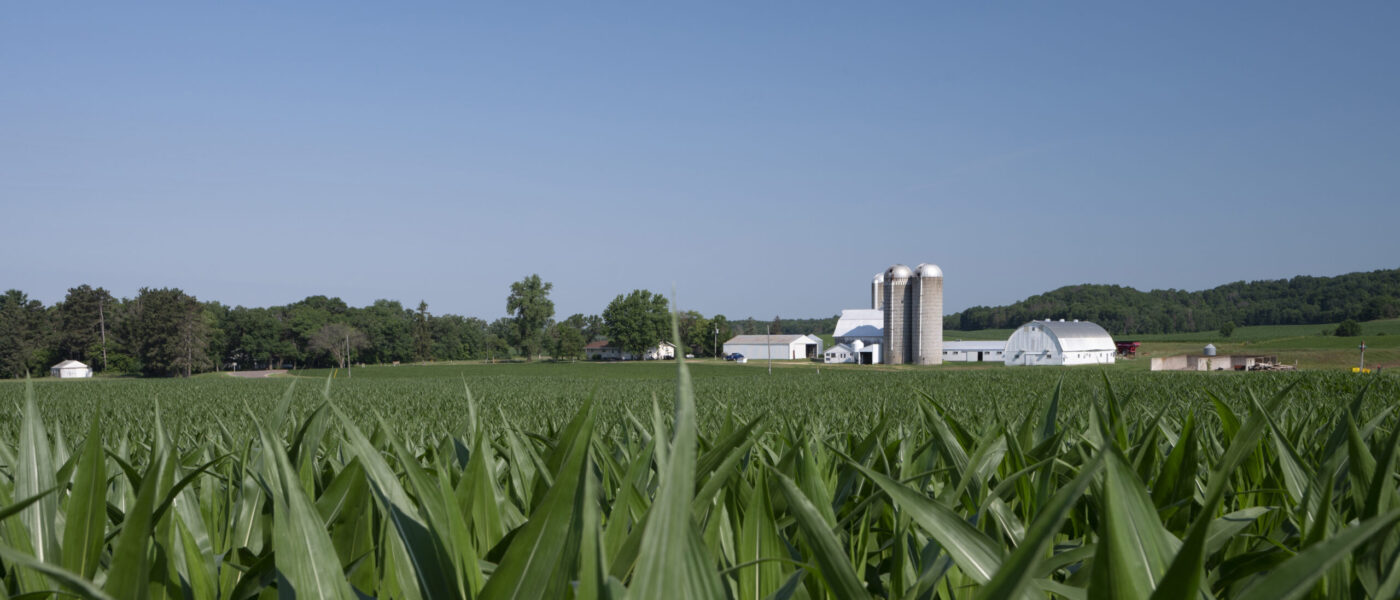Farm Aid is excited to bring attention to a new report by the Center for Agriculture and Food Systems at Vermont Law and Graduate School, which finds that farmers who had been denied federal loans by the Farm Service Agency (FSA) won only 17% of cases in the USDA’s National Appeals Division (NAD). Published in partnership with the Rural Advancement Foundation International (RAFI) and Farm Aid, the results of the report found that similarly situated farmers often had very different outcomes in the loan approval process.
The report, Appealing for Relief: An Analysis of Appealed Direct Farm Loan Decisions 2009–2022 and Opportunities for Reform, analyzes NAD cases concerning direct farm ownership and farm operating loans between January 2009 and July 2022. NAD is an independent division of the Department of Agriculture that conducts administrative appeals hearings to review agency program decisions. The cases analyzed span 14 years, three Farm Bills, and three U.S. presidents.
“This comprehensive review of hundreds of NAD cases over decades confirms what RAFI’s Farm Advocates know from our individual casework: that the current loan application and appeals process has not always resulted in fairness for the farmer applying. Issues include the broad discretion given to agency staff in several areas like evaluating credit history or managerial ability, and NAD’s deference to that agency discretion. For fair and equitable access to credit, farmers also need an appeals process where they have a fair shot.”
— Margaret Krome-Lukens, RAFI Policy Co-Director
A Cycle of Denials and Appeals
Even farmers who go through the appeals process and win, can sometimes have their loan denied a second time for an entirely separate reason. This can lead to successive appeals, which can prevent a farmer from obtaining the credit needed to start the season and far too often can lead to the failure of their farm business.
Additionally, the report reveals that farmers with innovative and nontraditional operations and markets, including organic methods, often face more barriers to a successful outcome. FSA may use inaccurate assessments of the feasibility of farm plans for these operations, with agents often failing to account for the income these unconventional methods and markets can generate, simply because they are unfamiliar with them.
“USDA and FSA have made strides to serve farmers more equitably, but it remains true that loan officers have significant discretion in approving or denying loans. An impartial and equitable appeals process should be part of USDA’s overall effort to serve all farmers equitably. We are hopeful that USDA will improve the NAD appeals process for farmers, leading to fewer upheld denials, less opportunity for discretion and more successful farmer outcomes.”
— Jennifer Fahy, Farm Aid Communications Director
Ideas for Reforming Farm Loans
The report cites ways that these issues can be addressed, including by amending statutory, regulatory and FSA handbook provisions that control FSA’s direct lending programs, removing excessive FSA discretion and allowing for more flexibility in meeting lending requirements to make loans more accessible. This is particularly needed for beginning farmers, farmers of color and farmers whose operations are considered “nontraditional.” Also, training of FSA personnel should ensure that they understand FSA lending regulations and apply them correctly and equitably, and training should include regular anti-discrimination and implicit bias instruction. The report recommends that FSA employees who have made discriminatory or biased lending decisions should no longer be permitted to work for the agency and suggests state and national offices should conduct frequent reviews of county employees and hold local offices accountable.
“It is an uphill battle for a farmer to get a favorable result in the NAD process. In practice, the odds are against them because of the way the process works. The report makes a number of helpful recommendations for improvements. The process-related recommendations, in particular, mirror many of the changes we are advocating for in the Fair Credit for Farmers Act: changing the burden of proof from the farmer to the agency; ensuring that farmers do not needlessly get put through multiple rounds of the appeals process; ensuring that NAD decisions are implemented promptly according to the judge’s determination; and expanding equitable relief.”
— Margaret Krome-Lukens, RAFI Policy Co-Director
Read the Report
